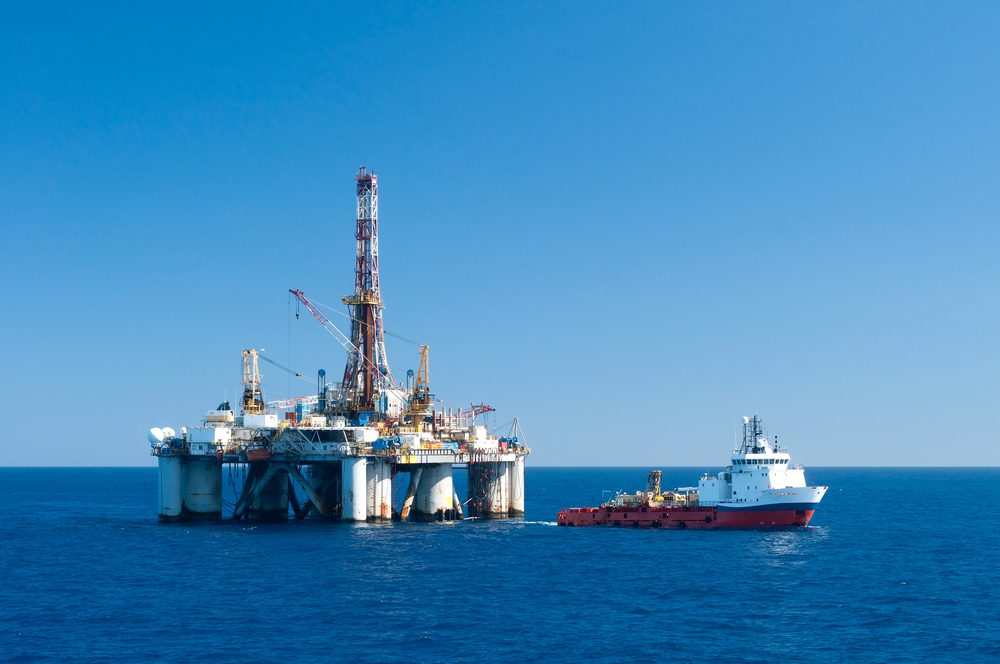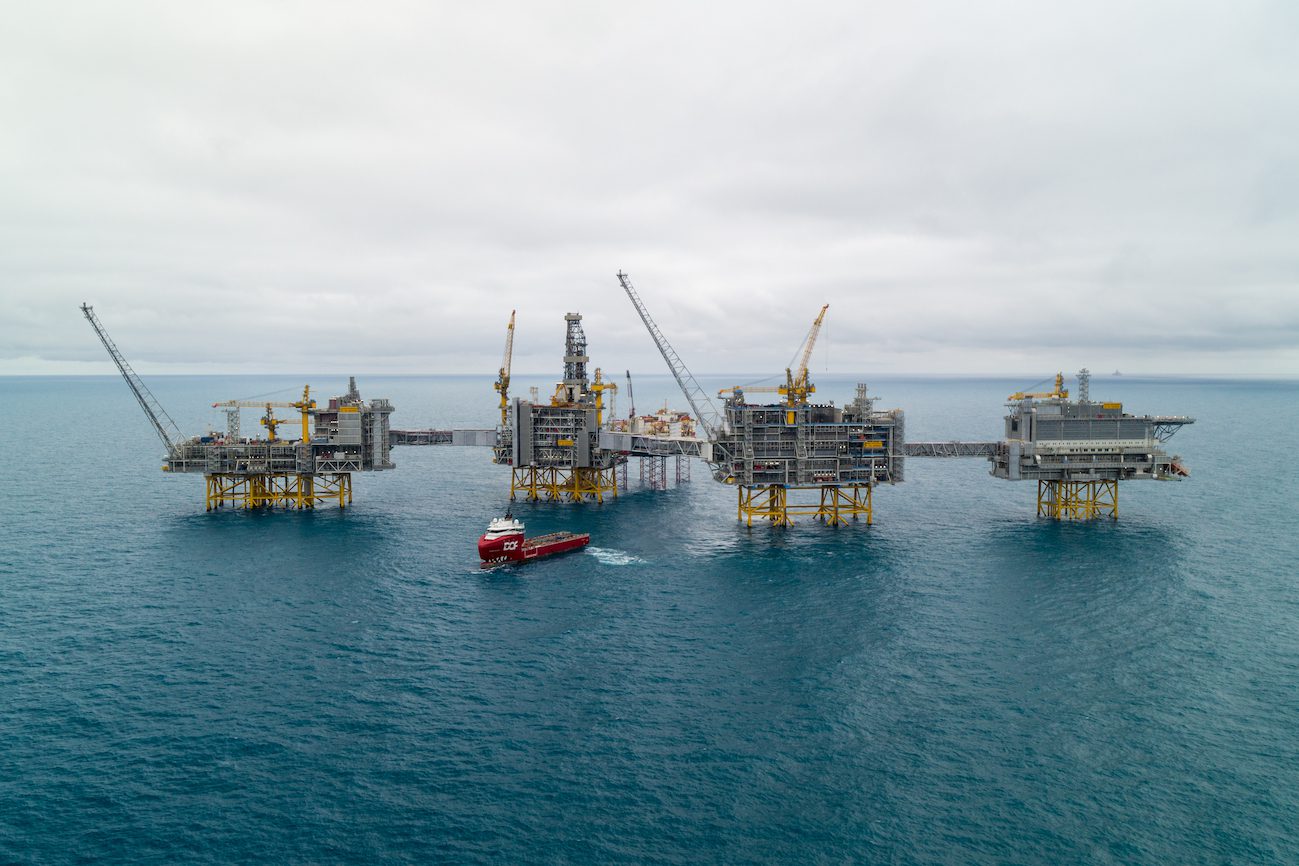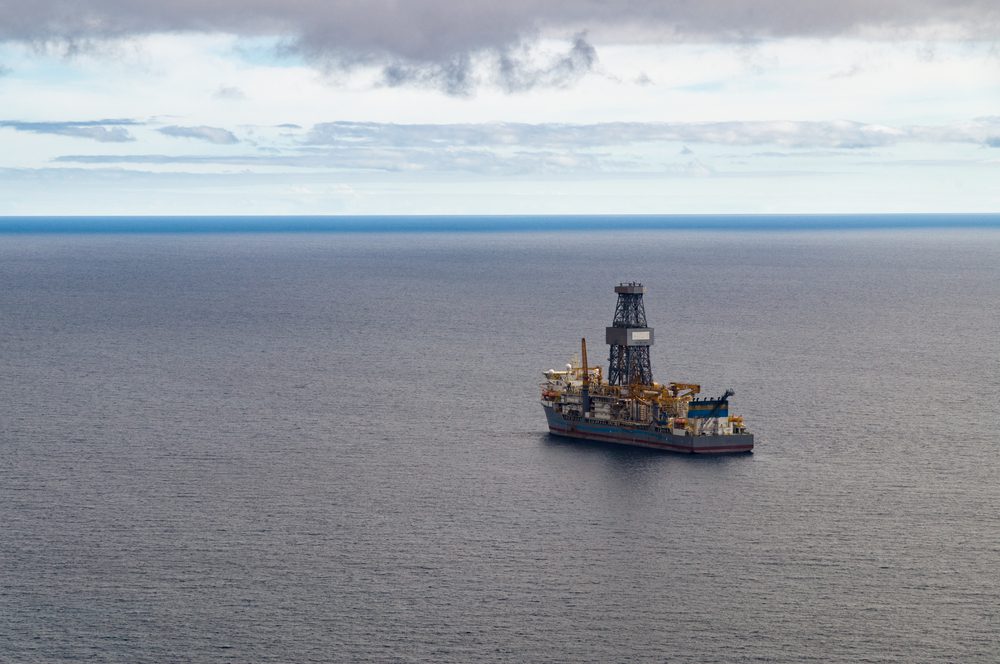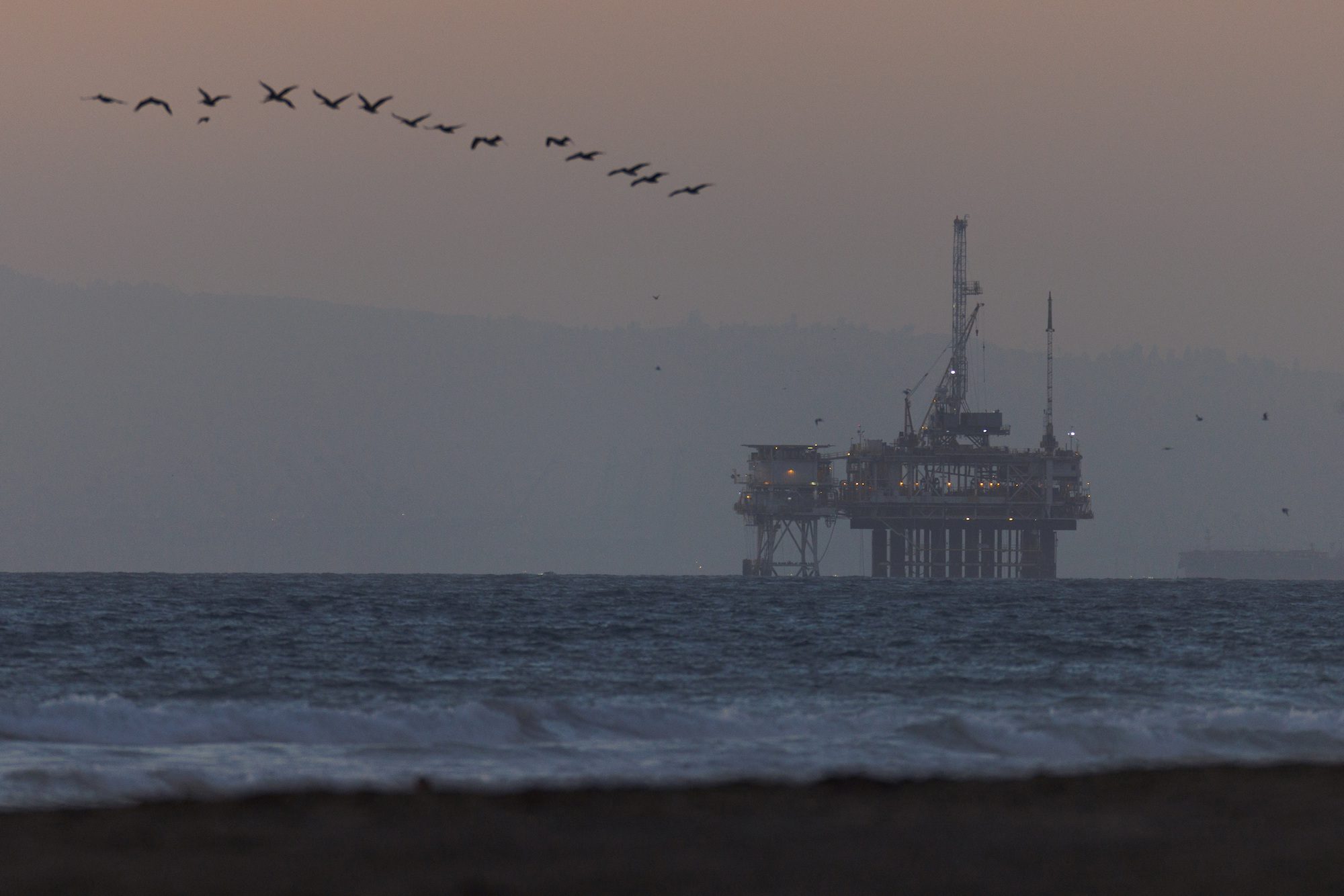Photo: Shutterstock / marchello74

By Marianna Parraga HOUSTON, April 2 (Reuters) – For decades, many Latin America’s oil-producing nations have often shunned investment from foreign firms, instead keeping their vast reserves under the tight control of governments and state-run oil companies.
They aimed to protect profits to feed public budgets, but in practice have seen some major breakdowns, as with the corruption scandals and heavy debts at Brazil’s Petroleo Brasileiro SA , or the inability of Mexico’s Pemex to conjure the cash and expertise to tap its vast deepwater reserves.
Now, an unprecedented wave of free-market energy reforms is gaining traction across the region, setting up a fierce competition to attract billions of dollars in investment from the likes of Exxon Mobil, BP and Royal Dutch Shell.
Seven governments this year will combine to hold at least 15 oil and gas auctions, offering a record 1,100 blocks of onshore or offshore acreage, according to interviews with officials and a tally of announced auctions. On Thursday, Brazil’s latest auction collected $2.4 billion in pledges, awarding 22 of 68 regions on offer.
“In 2018, countries in the region will host the most licensing rounds in history,” said Pablo Medina, vice president of energy consultancy Welligence.
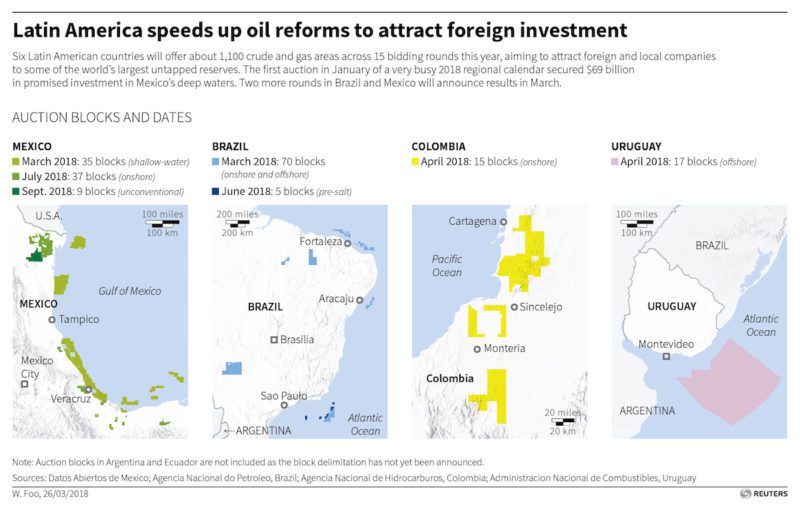
The race for private investment reflects an acknowledgment by many countries that they have neither the cash nor the technology to fully explore and develop their reserves. The embrace of foreign capital in Argentina, Brazil and Ecuador also follows the rise of centrist or right-leaning governments.
It also signals a willingness by governments to settle for a smaller cut of the profits – which could be slimmed further by the competition to attract investment as governments offer tax incentives, reduced royalties and other inducements.
The glaring exception is Venezuela, where state-run PDVSA remains under the firm control of a leftist government in the throes of an economic and political meltdown.
Elsewhere, emerging reforms are giving oil majors and independent producers their pick of some of the region’s richest resources – after being shut out of these markets or waiting years for the right moment to invest. But they also face a risk that governments could shift back to resource nationalization or lose the political will to fully establish market reforms. An oil price drop could also undermine profits from such long-term, expensive projects.
“We love this continent. We know it well and now need to make sure we will spend the money wisely,” said Michel Hourcard, senior vice president of development, exploration and production at France’s Total, during an industry conference in Houston last month.
INCENTIVES TO INVEST
The ground-breaking regulatory changes in Latin America include tax breaks, reduced royalties, longer contracts, relaxed qualification terms and flexible exploration mandates that allow companies to back out of investments more easily than in the past.
Brazil and Colombia also plan to set up permanent offers of areas for exploration and production – similar to those offered by the United States – rather than making them available only in occasional auctions.
Ecuador is offering shared-profit agreements that are potentially more lucrative for oil firms than fee-for-service contracts that prevented companies from benefiting from oil price gains.
Countries have to present terms attractive enough to draw bidders back to the region, said Julie Wilson, research director of global exploration at consultancy Wood Mackenzie.
$110 BILLION IN PLEDGES
Strong participation by oil majors in recent auctions of exploration and production rights in Mexico and Brazil have heralded a new era by attracting about $110 billion in investment pledges.
Brazil started its effort to lure outside capital two decades ago, but it fell flat after initially enticing more than 100 companies, said Decio Oddone, head of Brazil’s oil regulator. The effort was stymied by too few areas offered for auction, the low quality of some projects and the dominant role of state-run Petrobras.
“Many of those companies did not have the expected success,” Oddone said.
Now, Brazil is relaxing bidding rules to encourage local firms and medium-size foreign explorers to participate, joining majors already established in its vast pre-salt region.
In Mexico, political risks hampered its most recent auction in March, where bidding was dominated by state-run Pemex. The front-runner in a presidential election set for July has promised to scrutinize the nation’s energy reforms.
But some industry leaders believe the country will stay on the path of opening everything from exploration to refining and gasoline retailing.
“There is a very clear long-term strategy,” said Jeremy Weir, chief executive of Trading firm Trafigura.
Broad participation by European, U.S. and Asian firms in several auctions is another a sign a “Mexican revival” is underway, added Fatih Birol, president of the International Energy Agency, a 29-nation group representing most of the world’s top oil consuming nations.
Some of Mexico’s and Brazil’s efforts are being copied.
Argentina is allowing oil companies to recommend specific areas for they would like to see auctioned, as Mexico did in past rounds; Colombia will open a permanent offer of areas, as Brazil plans to do; and Mexico plans to replicate Brazil’s three-year auction calendar, giving firms more time to plan capital spending before bidding rounds.
Some countries are keenly aware of the need to adjust its policies to compete with other nations, according to Juan Carlos Zepeda, head of the nation’s energy regulator National Hydrocarbons Commission (CNH).
“We are flexible enough to accommodate any of our neighbors’ creativity,” he said.
HIGHER RISK, HIGHER REWARD
Compared with Brazil and Mexico, Argentina and Uruguay this year hope to catch investors with offers that hold greater exploration risk – but potentially higher rewards.
Argentina officials believe Brazil’s oil-rich pre-salt formation could extend to areas off its Atlantic coast, and in July will release terms of its first offshore auction. That is a big change in a nation that just six year ago expropriated Spanish oil firm Repsol’s stake in state-owned YPF.
Unlike the rounds for Argentina’s vast Vaca Muerta shale formation – which were led locally by provincial governments – the nation’s central government will run this year’s auctions, standardizing rules and offering better terms.
Uruguay, which holds a third offshore auction in April, is putting up 17 blocks for exploration and production after relaxing the qualification terms and reducing the scope of its mandatory exploration programs.
Smaller Latin American countries including Guyana, Suriname and Paraguay are in talks with oil companies to offer rights to oilfields or to find partners for their state-run oil firms.
Similar energy market openings have blossomed in the past only to fade as governments reverted to resource nationalization or imposed limits to foreign investment.
Latin America has see-sawed in prior decades between opening to private investment and returning to oil nationalism.
“It’s part of the cycle: The countries tend to ask (oil companies) for as much as they can,” said Horacio Cuenca, Wood Mackenzie’s director of upstream research for Latin America. They only lower costs and royalties “when available capital starts drying up.”
(Reporting by Marianna Parraga Additional reporting by Ernest Scheyder Editing by Gary McWilliams and Brian Thevenot)
(c) Copyright Thomson Reuters 2018.
Editorial Standards · Corrections · About gCaptain
This article contains reporting from Reuters, published under license.

 Join The Club
Join The Club



